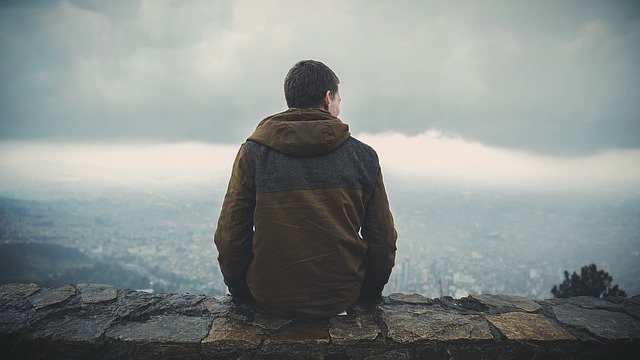Where to look for hope when there is hopelessness around
Sometimes it feels like time moves on, but things don’t get better no matter how much effort is made. Every day, the team at Surat receives reports about women suffering from domestic violence, villagers drinking heavily, people with disabilities being kept at home because there are no ramps.
children from villages taking six hours to reach school with multiple train changes, and the elderly not getting proper medical care. Many social issues create a sense of hopelessness. No one is untouched by these problems—whether they live in the city or in the countryside.
Living in Moscow or St. Petersburg makes it much easier to reach out to government or help organizations. People in remote areas often do not even know who to turn to or where to ask for help.
In villages and towns with poor internet and only a couple of TV channels, residents are cut off from the rest of the world. They are left alone to face their problems with no support.
Every time we publish stories from the provinces or highlight serious social injustices at Takie Dela, we get comments like, “Nothing will change. It’s hopeless.” Sometimes I feel the same way. It seems pointless to keep trying. After trips, I often just lie down and stare at the ceiling, wondering what can be done about all of it.
In March 2020, I went to one of my friends to cover a story about a terrible murder and robbery involving veterans. The local investigation was badly done. The prosecutor’s office accused three men who barely knew each other.
We traveled about eight hours by bus from Chita to reach Bukachacha. When we arrived, I felt overwhelmed by the scene. There were poor houses, a broken clinic, large dumps in the streets, and black snow — a sign of the nearby coal quarry.
There was no internet. The people didn't know how to stand up for their rights. Violence, cursing, and drinking every day were seen as normal. Most stories started with, “We were drinking that day.”
I remember seeing a small, run-down house with peeling wallpaper and mold. The floor was messy. A three-year-old sat playing with a beer bottle. His mother and grandmother were drunk.

I met women who told me they had been raped while drunk, or that their husbands had hanged themselves, or even tried to stab them. When I asked if they knew any groups that could help with money or counseling, they asked, “What is a psychologist?”
After talking to many people and gathering information, I saw why innocent people are often accused of crimes. No one cared about their feelings or what happened to them. It didn’t matter who ended up in jail. One woman even told me, “They’d be better off in prison. At least they wouldn’t be drinking there.”
